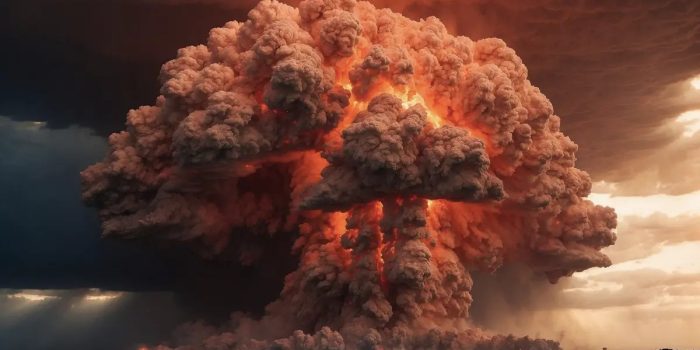Recently revealed declassified government records have uncovered a startling revelation: in the hypothetical scenario of World War 3 erupting, Washington DC would be the prime target for annihilation. Dubbed “General Nuclear War,” these documents detail a grim forecast where the nation’s capital would face a devastating surprise assault, likely by a one-megaton thermonuclear bomb.
Experts, such as Andrew Weber, formerly serving as assistant secretary of defense for nuclear, chemical, and biological defense programs, stress that such a “Bolt out of the Blue” attack is the ultimate nightmare for those residing in DC.
The aftermath of such an assault would be catastrophic. A vast fireball spanning a mile in diameter would engulf the city, immolating everything in its path with scorching heat capable of vaporizing metal and reducing individuals to carbon. The Pentagon, an emblem of American military prowess, would likely be razed to the ground, its 27,000 personnel meeting instantaneous demise as the 6.5 million square feet of office space disintegrates into superheated particles.

The devastation would extend far beyond. The electromagnetic pulse unleashed by the blast would render communication infrastructure inert within a radius of 10 to 12 miles, leaving survivors isolated and bereft of assistance from governmental bodies. Craig Fugate, former head of the Federal Emergency Management Agency, underscores the imperative of self-reliance in such dire circumstances.
In her latest publication, “Nuclear War: A Scenario,” Annie Jacobsen highlights significant deficiencies in the country’s nuclear defense system. She points to shortcomings like inadequate interception abilities and lack of coordination among government agencies responsible for emergency management. These revelations resonate with past worries regarding the nation’s readiness for potential crises of this magnitude.

However, notwithstanding these shortcomings, experts advocate for the pivotal role of diplomatic efforts and international agreements in mitigating the looming specter of nuclear conflict. Jacobsen suggests that fostering global collaboration could serve as a crucial linchpin in reducing the perils associated with nuclear proliferation.
In essence, the declassified records paint a grim tableau of the potential fallout of a nuclear altercation, underscoring the criticality of both preparedness and global collaboration in averting such a cataclysmic scenario.


